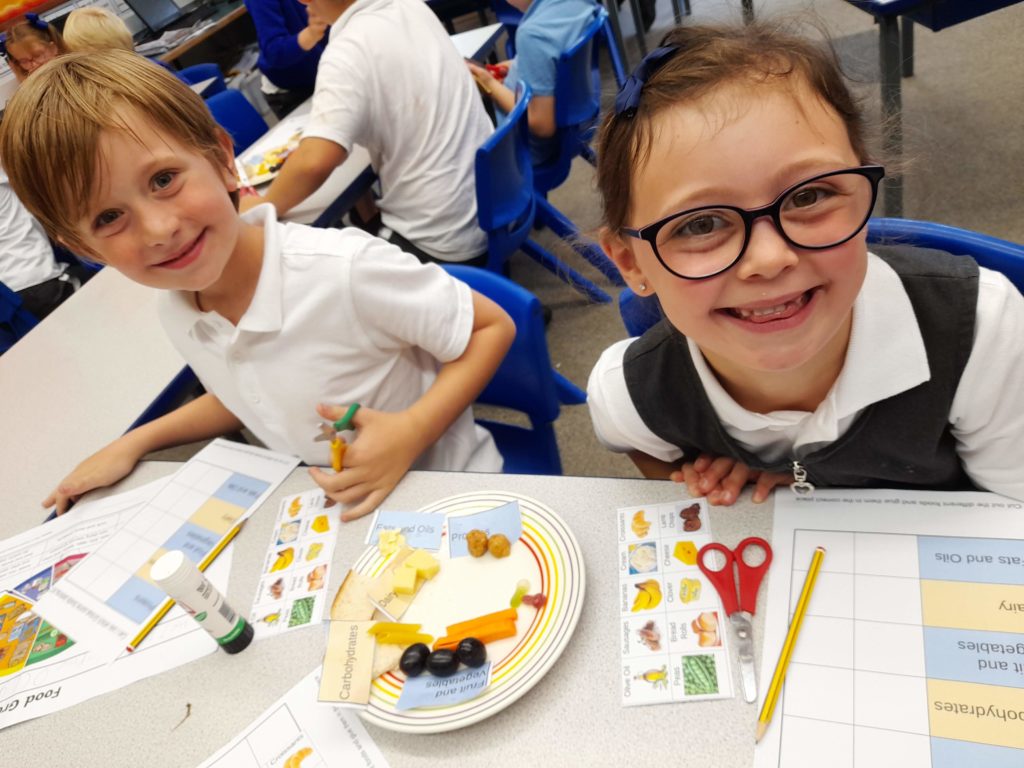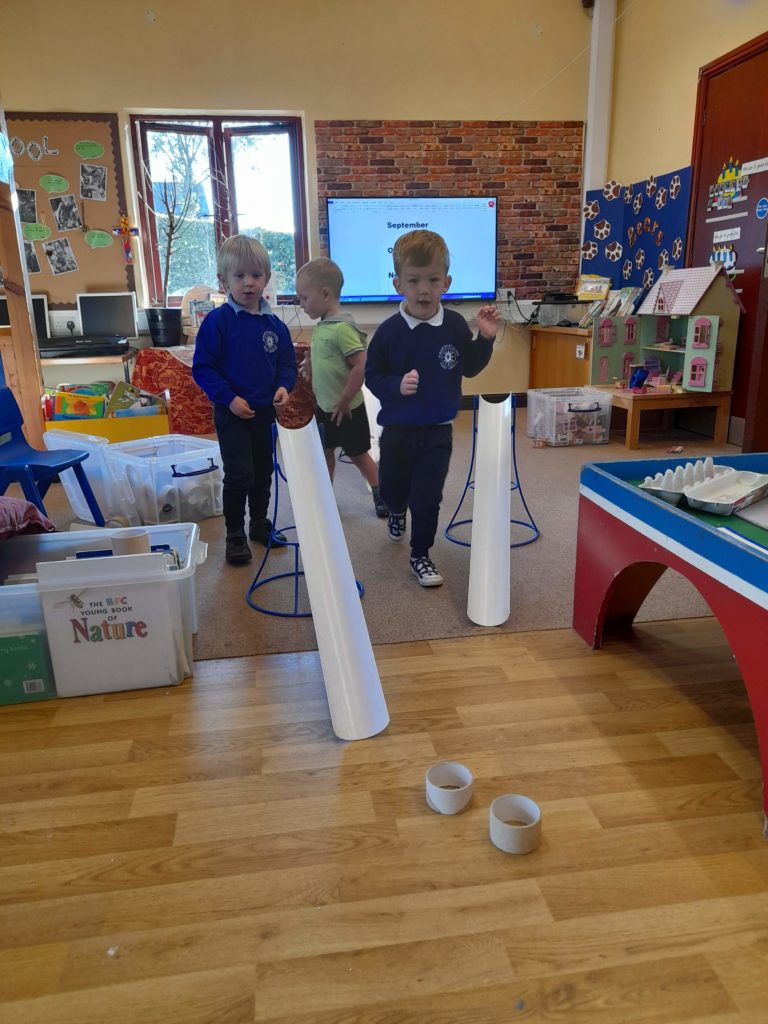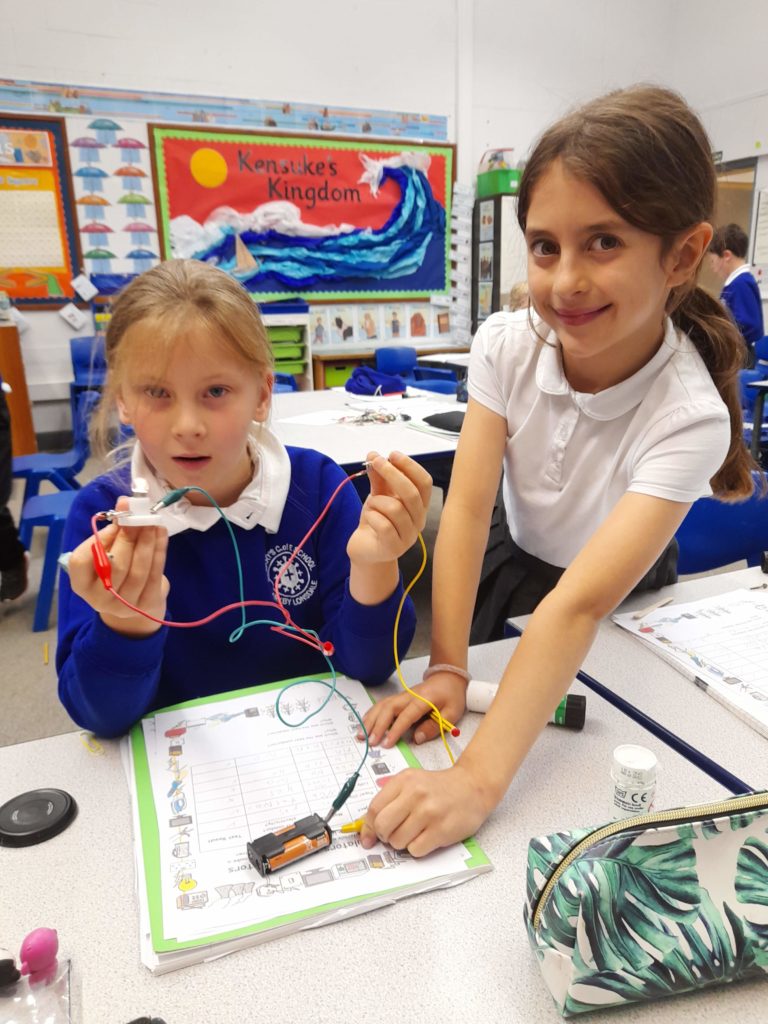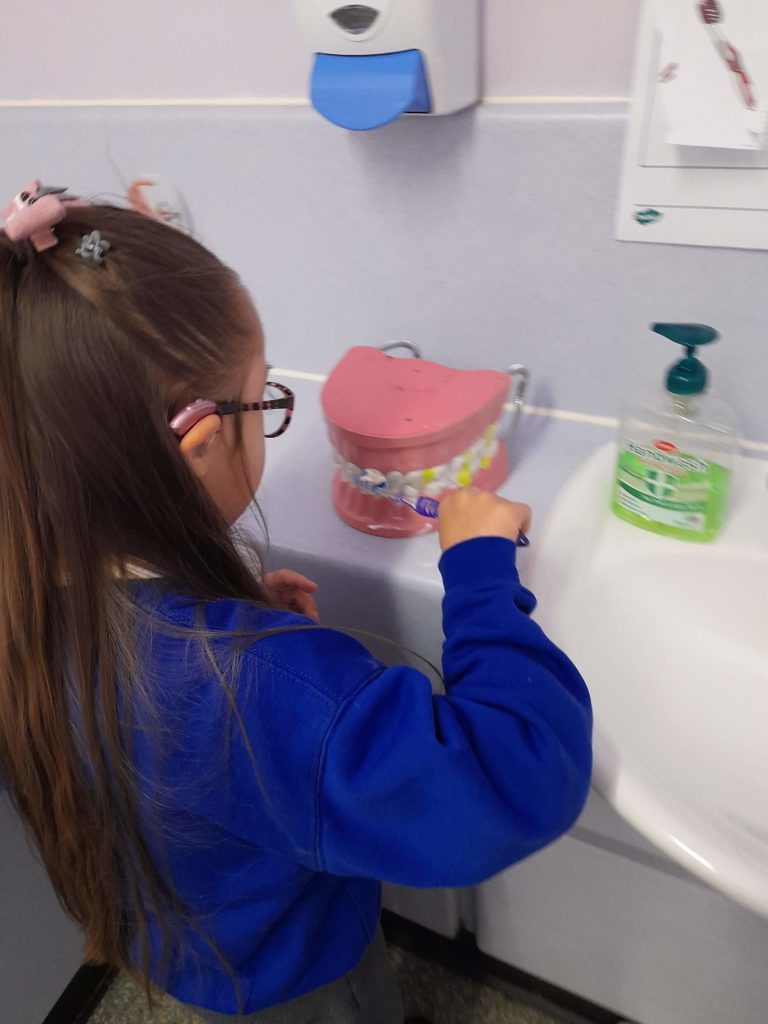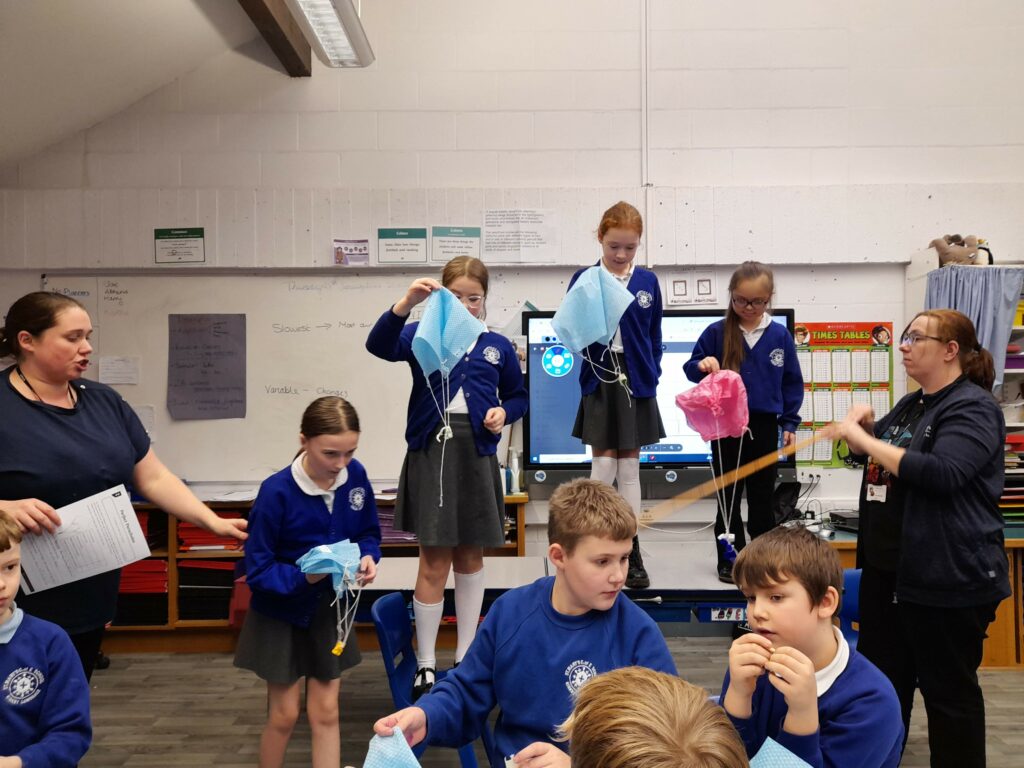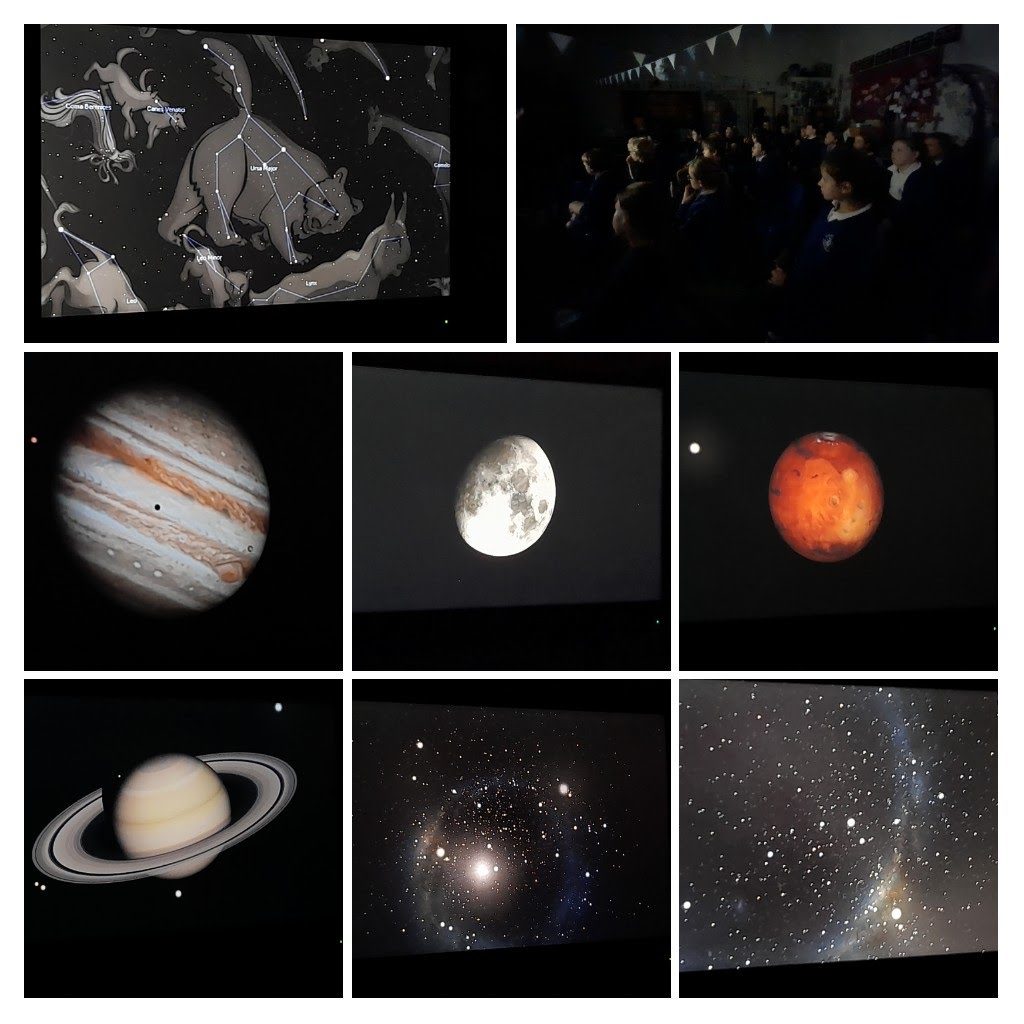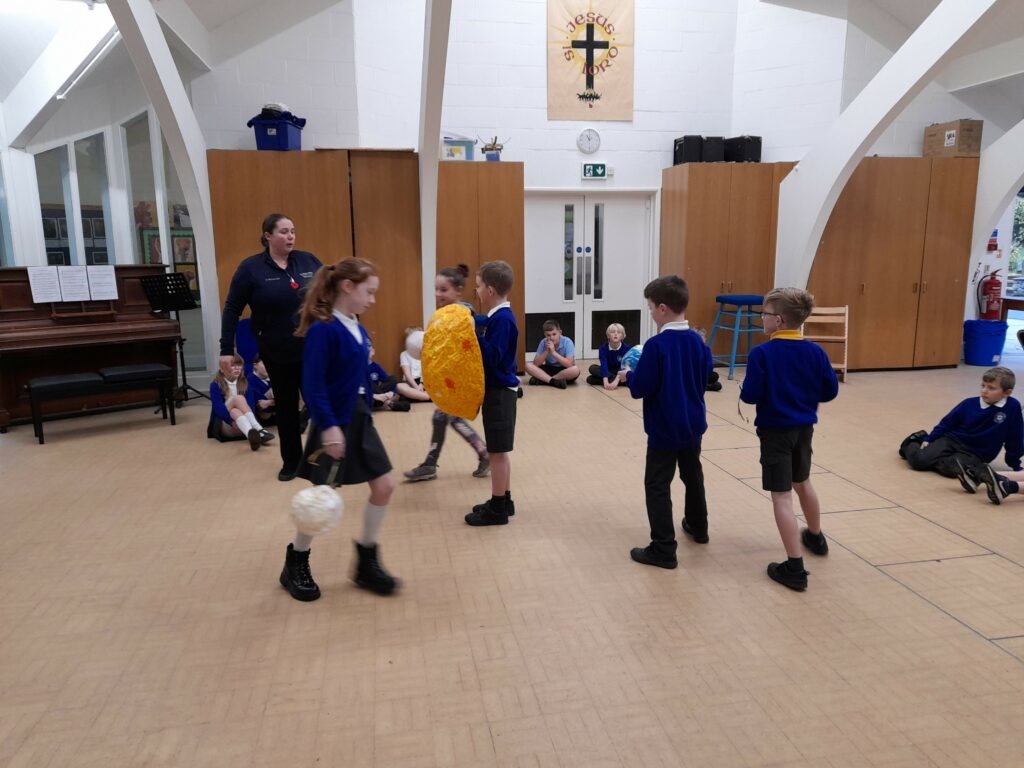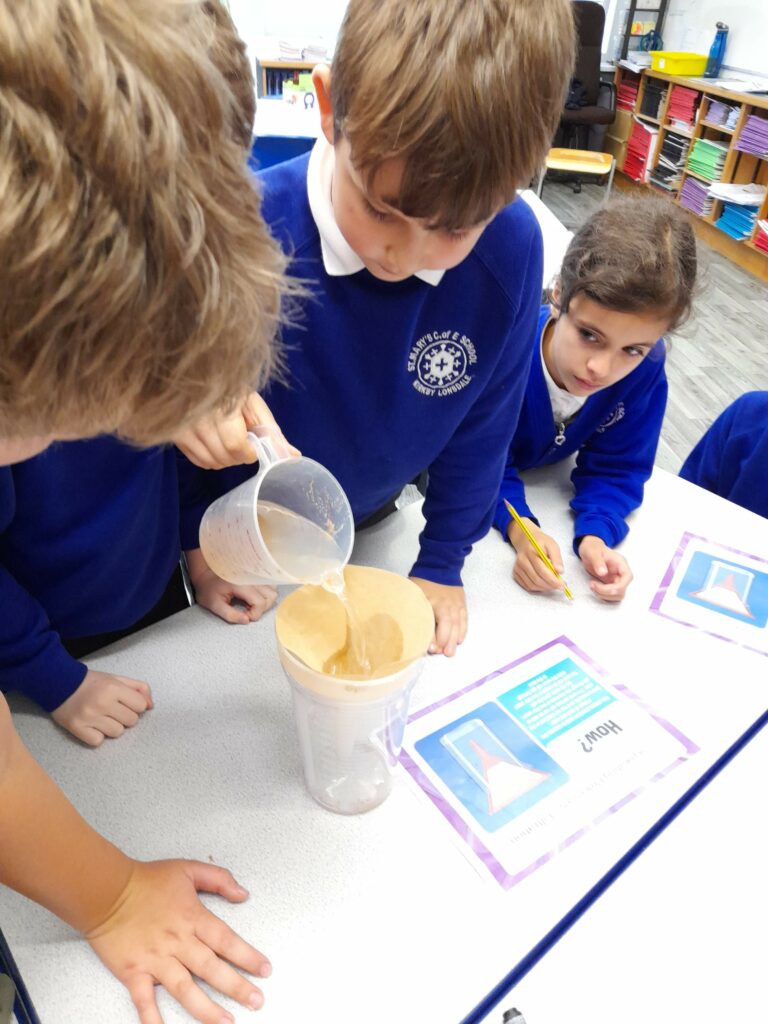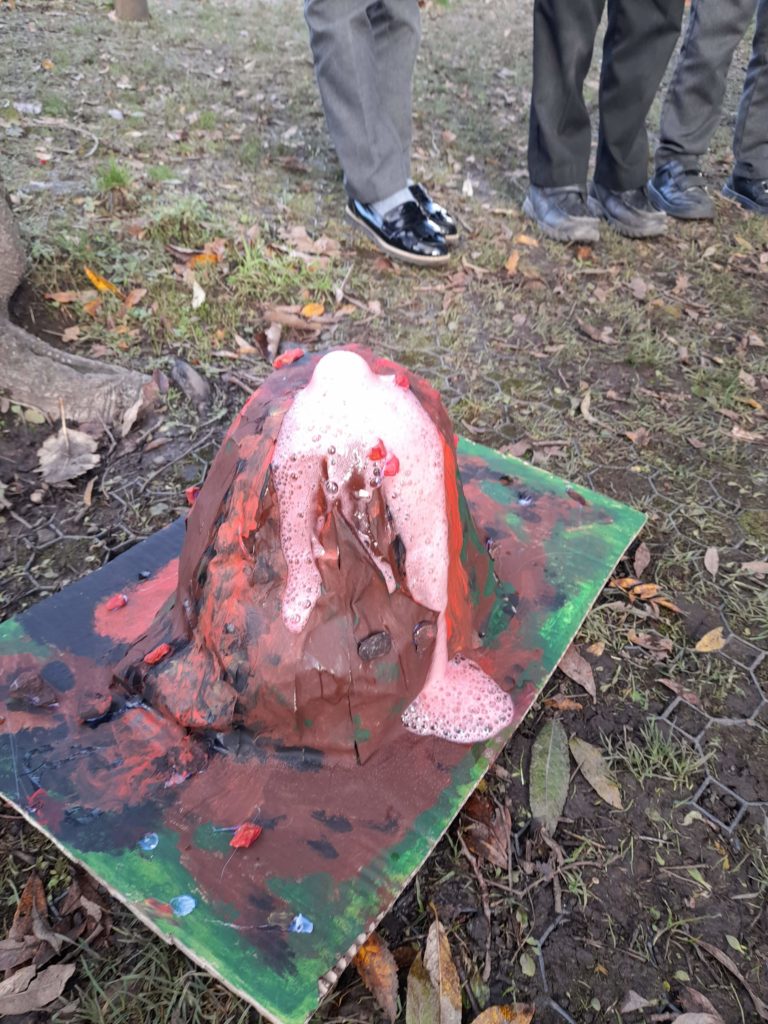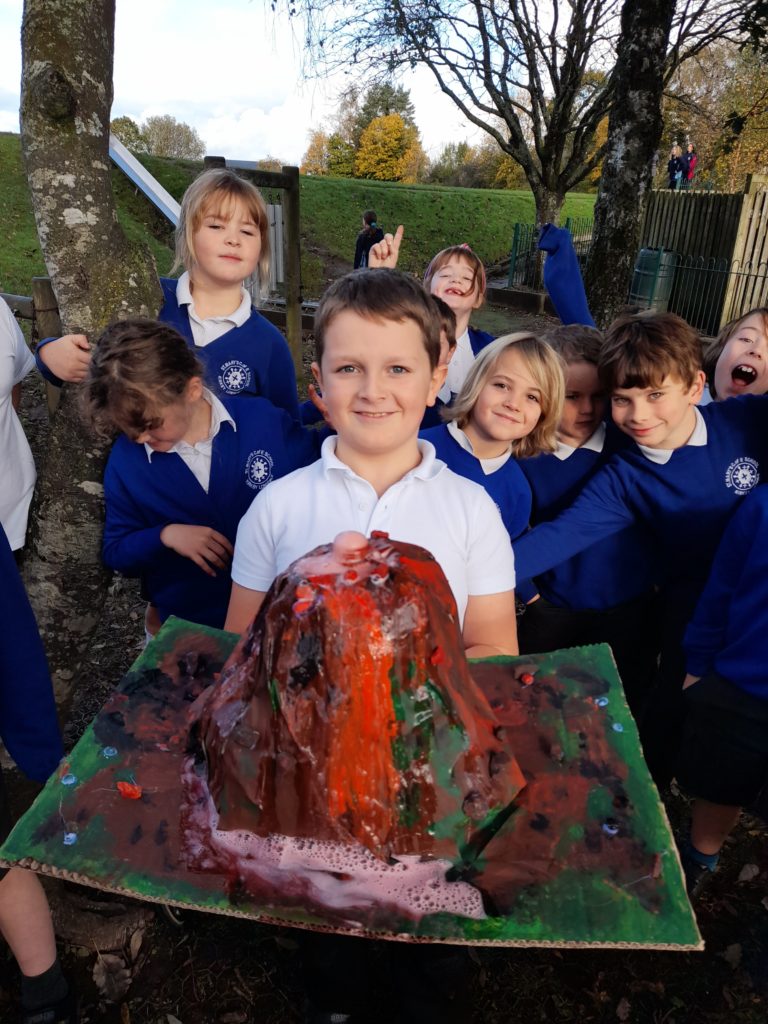Science is the study of the world around us, and we all learn about scientific ideas and principles by observing, describing and experimenting from a young age.
At St Mary’s, we are all proud scientists! Our curriculum is carefully designed to build on children’s prior knowledge and understanding of our world, to promote excitement and engagement with scientific exploration and discovery, and to learn about important scientists before us!
Including practical demonstrations and experiments, study of scientific theory and research, dedicated science days, participation in National Science week each year in March, and pupil engagement with inspirational external trips and visitors to school, Science at St Mary’s teaches children the core skills they need to continue their scientific exploration into secondary school and beyond.
Science subject Intent
Our intent is comprised of the following 3 sections:
- Our vision for the subject and the purpose it serves for our pupils
- Defining what the key concepts and core domains of knowledge are, that pupils will learn about
- The end points our curriculum is working towards
Our Vision
To develop a sequential science curriculum, planned to build on prior learning to ensure progression of knowledge and understanding of the world through the study of biology, chemistry and physics. Our curriculum is designed to be aspirational – helping pupils to develop a sense of excitement and curiosity about natural phenomena – whilst providing children with both knowledge, methods, processes and uses of science. Our curriculum provides many opportunities for problem solving and creativity, focusing on skills in working scientifically, with children conducting their own investigations relating to the world around them. This helps to develop character including responsibility, reliability and perseverance through experimentation and observations, whilst also celebrating uniqueness and diversity in every aspect of life. Through their scientific study of how the world (and beyond) works, how scientific ideas have changed over time, and their understanding of up to date advances in scientific knowledge, children are able to celebrate uniqueness and diversity in scientific research and researchers to apply their learning of how science is vital to the world’s future prosperity within a global context.
Our key concepts and core domains of knowledge
- A clear and comprehensive scheme of work in line with the National Curriculum where teaching and learning should show progression across all key stages within the strands of Science.
- Children have access to key language and meanings in order to understand and readily apply to their written, mathematical and verbal communication of their skills.
- Children will use a range of resources to develop their knowledge and understanding that is integral to their learning and develop their understanding of working scientifically.
- Clear and comprehensive scheme of work in line with the National Curriculum where teaching and learning should plan for practical investigative opportunities within Science lessons.
- Children will reflect on previous learning and cross curricular links will be made wherever possible
- Children will be able to build on prior knowledge and link ideas together, enabling them to question and become enquiry based learners.
- Attainment will be assessed each half term through related topic assessment tasks
- Where applicable links to Science will be made to develop the children’s topical learning.
The end points of our curriculum
Our learners will be able:
- to achieve age related expectations in Science at the end of their cohort year.
- to retain knowledge that is pertinent to Science with a real life context.
- to question ideas and reflect on knowledge.
- to work collaboratively and practically to investigate and experiment.
- to explain the process they have taken and be able to reason scientifically, using appropriate scientific language and vocabulary
- to understand how scientific theories and understanding has developed over time, changing through observations and collection of evidence
The national curriculum for science aims to ensure that all pupils:
- Develop scientific knowledge and conceptual understanding through the specific disciplines of biology, chemistry and physics
- Develop understanding of the nature, processes and methods of science through different types of science enquiries that help them to answer scientific questions about the world around them
- Are equipped with the scientific knowledge required to understand the uses and implications of science, today and for the future.
Science Club
The Silly Science Squad!
During the Spring term, children from Year 1 and 2 take part in Science Club. Over eight weeks the children participate in the Crest Star Award. The Star Awards are a great introduction to problem-solving in STEM. They offer children the opportunity to learn through hands-on challenges that focus on their everyday lives.
The children must complete eight Star activities and record these in their CREST Star passport. Each activity takes around an hour and involves solving a real-world problem.
The children gain an appreciation of investigative work and develop key skills. After completing all eight challenges, each child receives a Crest Star award certificate.
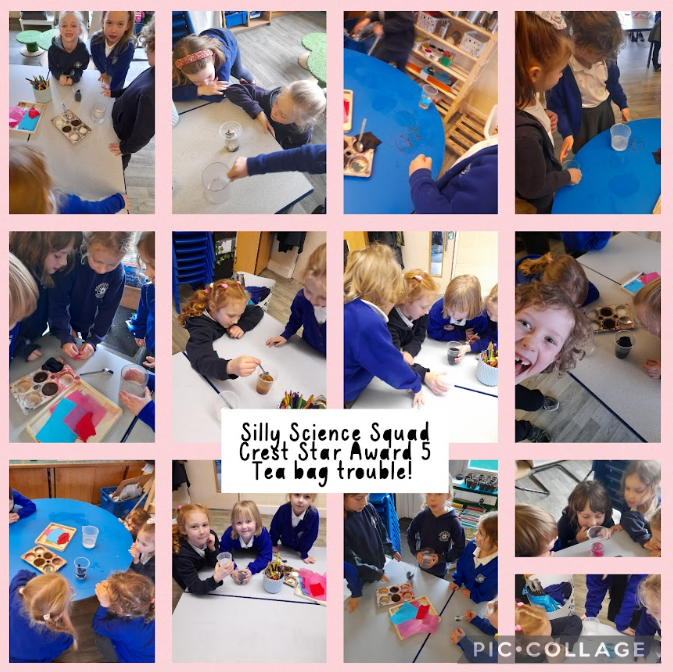
Science Week 2024
We’re excited to share the success of our recent Science Week in March! This year, each year group embarked on a unique scientific adventure, conducting exciting experiments that sparked curiosity and exploration.
On Friday, we culminated Science Week by inviting you, our fantastic families, to join the festivities! It was a wonderful opportunity for students to showcase their experiments, explain their findings, and share their scientific enthusiasm with you.
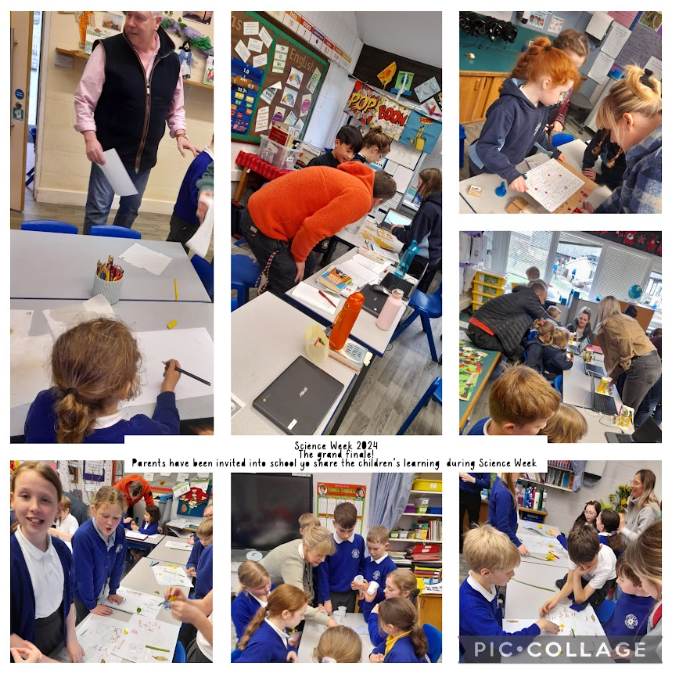
St. Mary’s Eco Committee: Growing a Greener Future!
Our Eco Committee is a group of enthusiastic students, two representatives from each year group, who meet every half term to brainstorm ideas and take action to make our school a more eco-friendly place.
What We Do:
- Discuss environmental issues: We learn about challenges like waste reduction, energy conservation, and protecting wildlife.
- Plan exciting projects: We come up with fun and engaging ways to make a difference. Projects include school clean-up days, composting programs, and creating eco-friendly classroom designs!
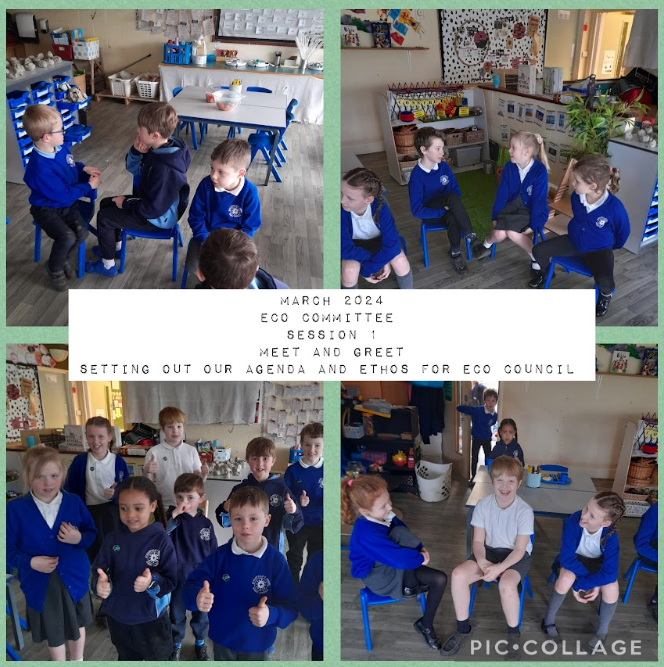
Our Curriculum
National Curriculum
National Curriculum in England: Science program of study
Key Documents
How well are you doing?
Why not try some of these quizzes about different subjects in science?
https://www.educationquizzes.com/ks2/science/
Useful Websites
BBC Science KS1 BBC Science KS2 WOW Science Science for Kids – National Geographic

 015242 71334
015242 71334 admin@stmarys-kl.cumbria.sch.uk
admin@stmarys-kl.cumbria.sch.uk

